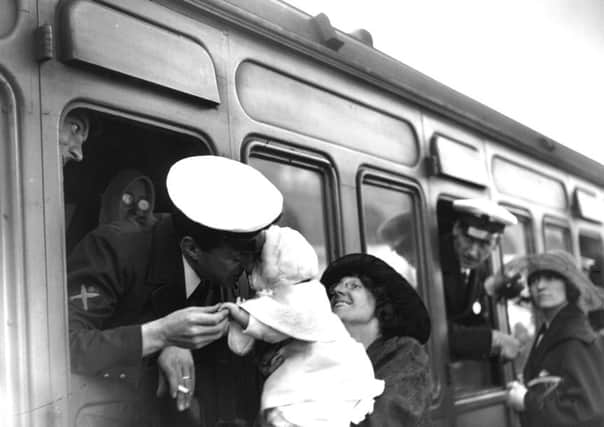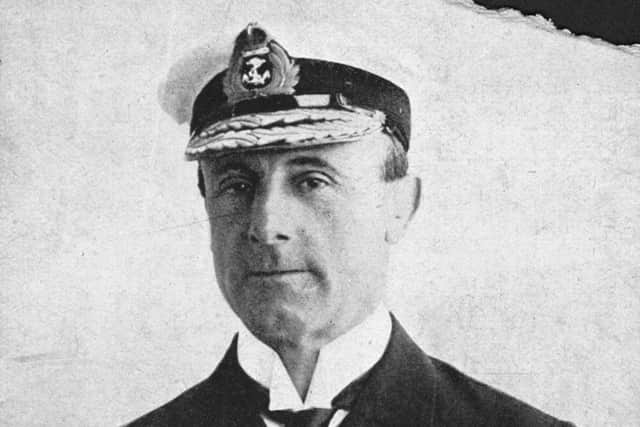Whistle blows for centenary of epic Jellicoe Express


The 22-hour “Jellicoe Express” – named after the head of the Royal Navy – ran daily between London and Thurso to take service personnel to and from the Scapa Flow naval base across the Pentland Firth in Orkney.
Plaques will be unveiled at two of the 14 stations where it called, along with musical performances and a lecture.
Advertisement
Hide AdAdvertisement
Hide AdThe epic trip was dreaded by many troops because the overcrowded carriages made for a gruelling experience for the 600 passengers. They left Euston at 6pm on the 717-mile journey, not arriving on the north coast until 3:30pm the next day. The southbound journey took an hour longer.


Today’s longest train journey, CrossCountry’s 785-mile service between Aberdeen and Penzance, takes less than 13-and-a-half hours despite stopping at 43 stations.
Moya McDonald, of heritage group Another Orkney Production, who is co-ordinating the events, said: “It had a reputation as a horror of a train. It could be mayhem, with people sleeping in the luggage racks. They were packed in like sardines.”
The only sustenance came from food and drink trollies at station stops. The tea stall at Dingwall, run in conjunction with the Red Cross, provided drinks for nearly 135,000 men.
The route from Euston, through Crewe, Preston, Carlisle and Perth, was later switched via the former Waverley route to Hawick (northbound), Galashiels (southbound), Edinburgh and Inverkeithing, where sailors alighted for the Rosyth naval base.


The stops, dictated by where the locomotives needed to be replenished with water, included Inverness, Invergordon, Helmsdale and Forsinard.
The service continued for demobilisation until 1919, carrying a total of 475,000 people, and was revived during the Second World War.
A plaque will be unveiled at Helmsdale on Saturday with performances by a piper, folk singer and choral group, followed by a talk by Orkney historian Robert Foden.
Advertisement
Hide AdAdvertisement
Hide AdAnother plaque will be unveiled at Thurso on Thursday, 5 October.
Plaques have already been erected at Edinburgh Waverley, Inverkeithing, Perth, Inverness, Dingwall and Galashiels, with many of the ceremonies attended by Johnny Jellicoe, grandson of Sir John Jellicoe, commander of the Grand Fleet at the start of the First World War, who became First Sea Lord.